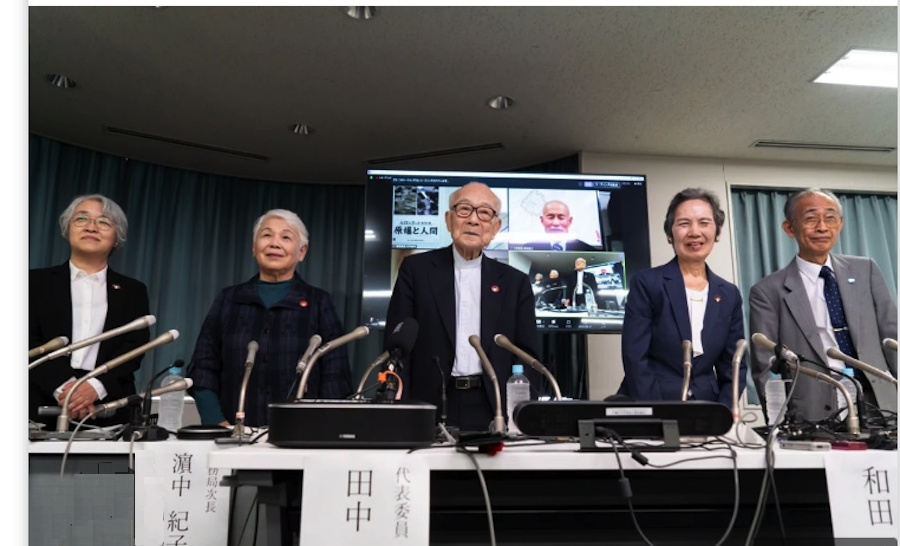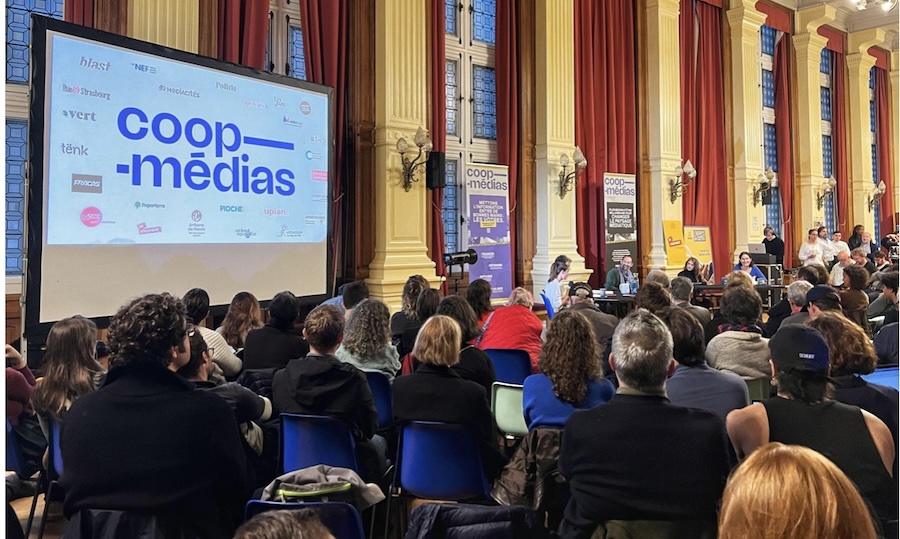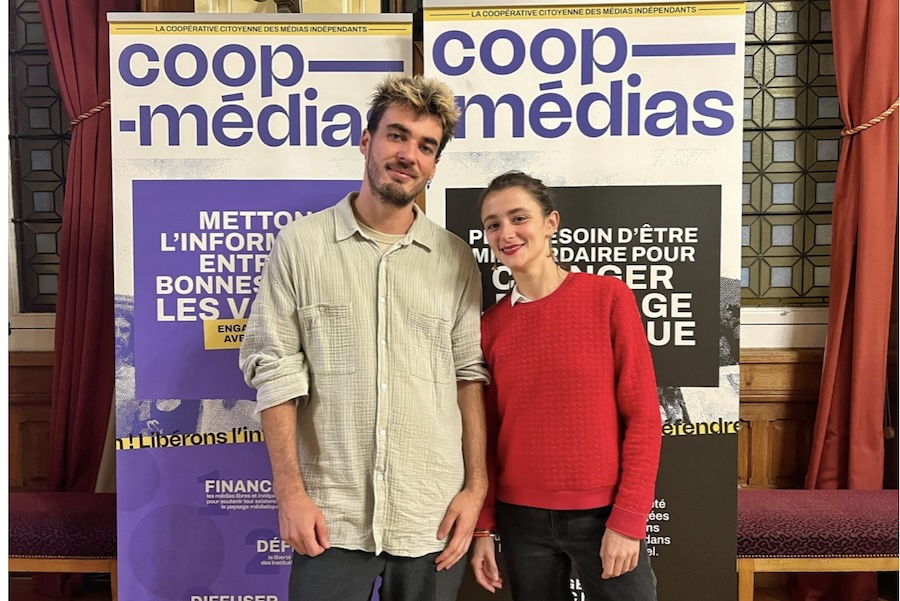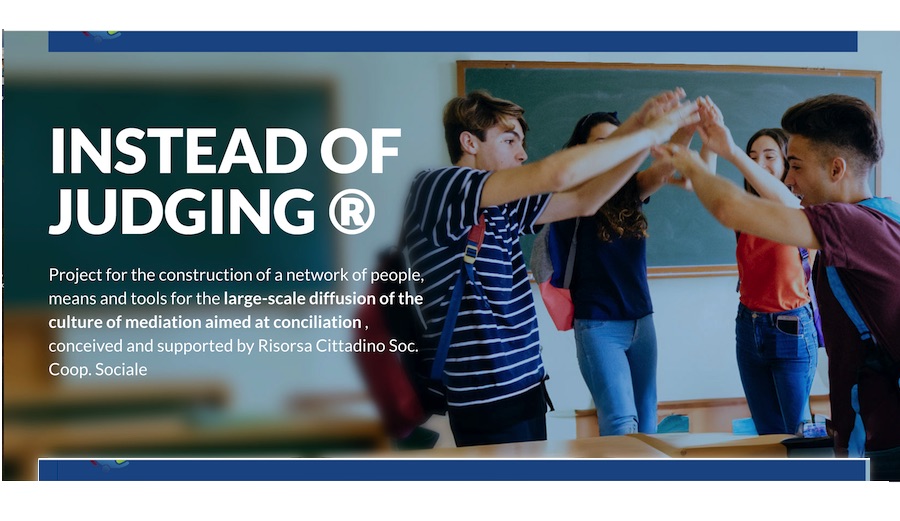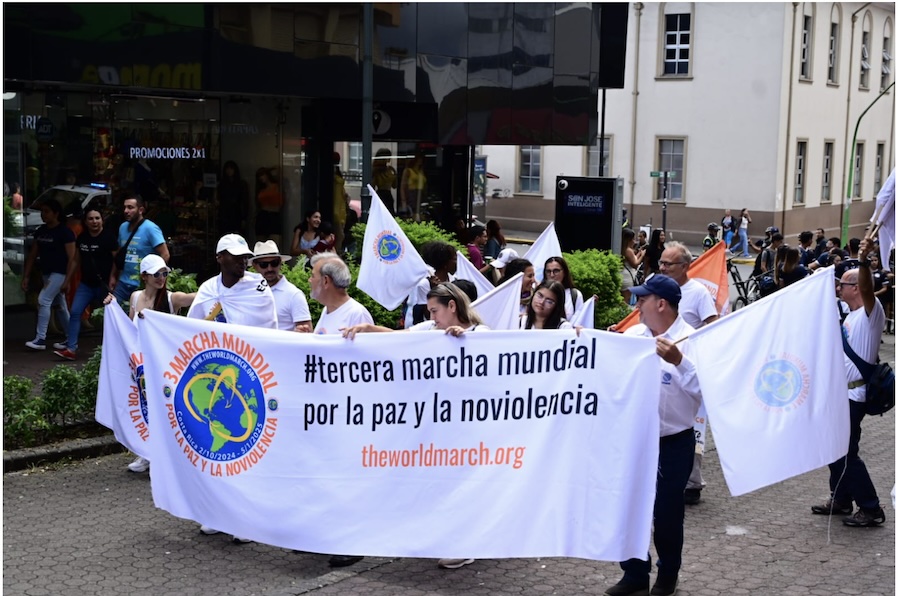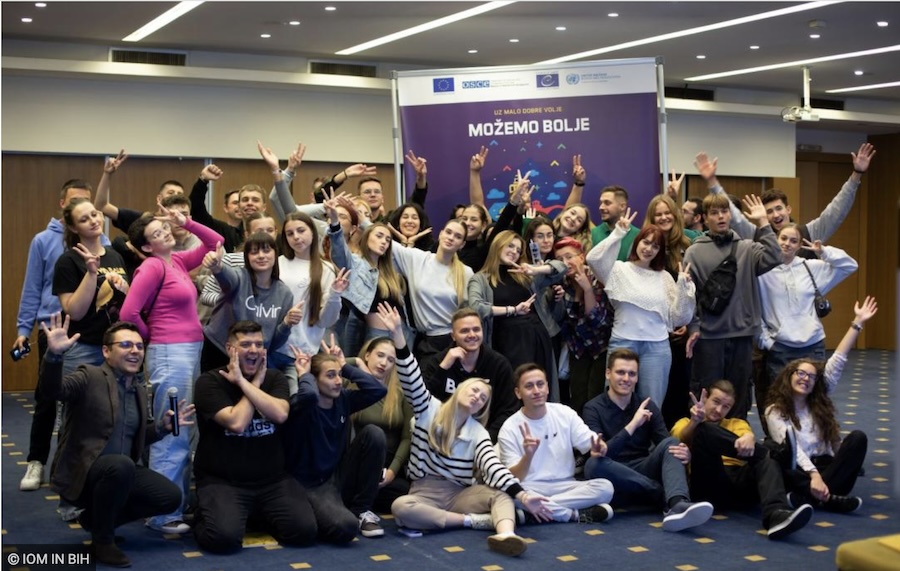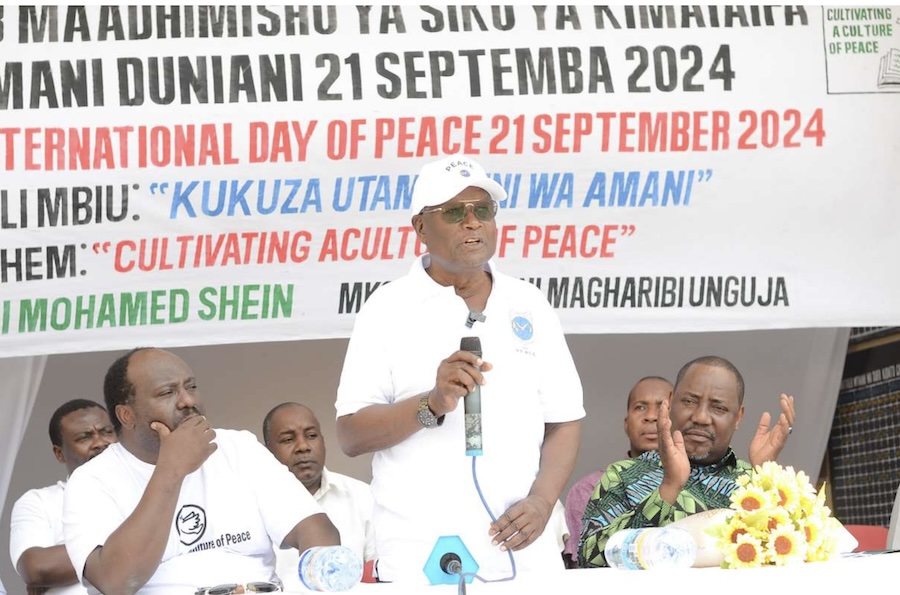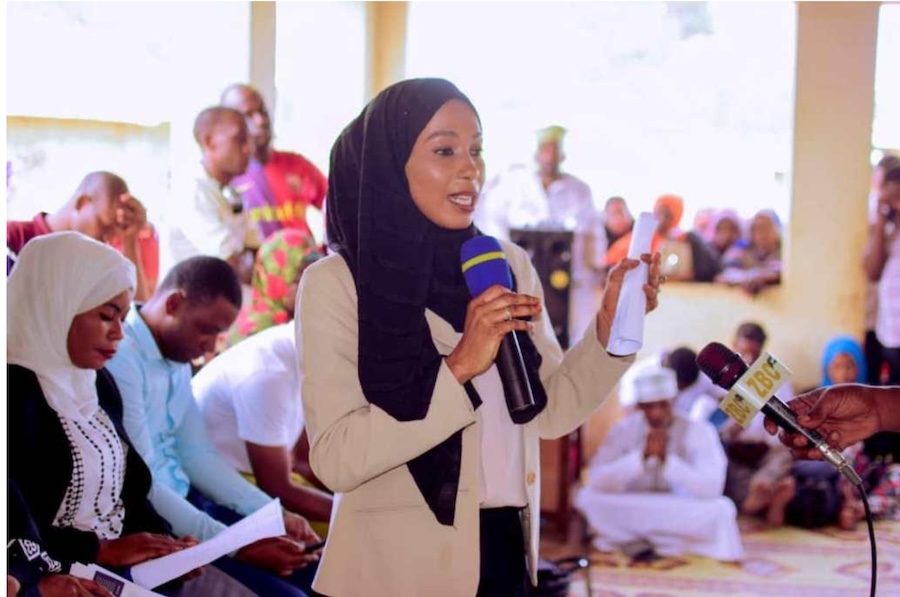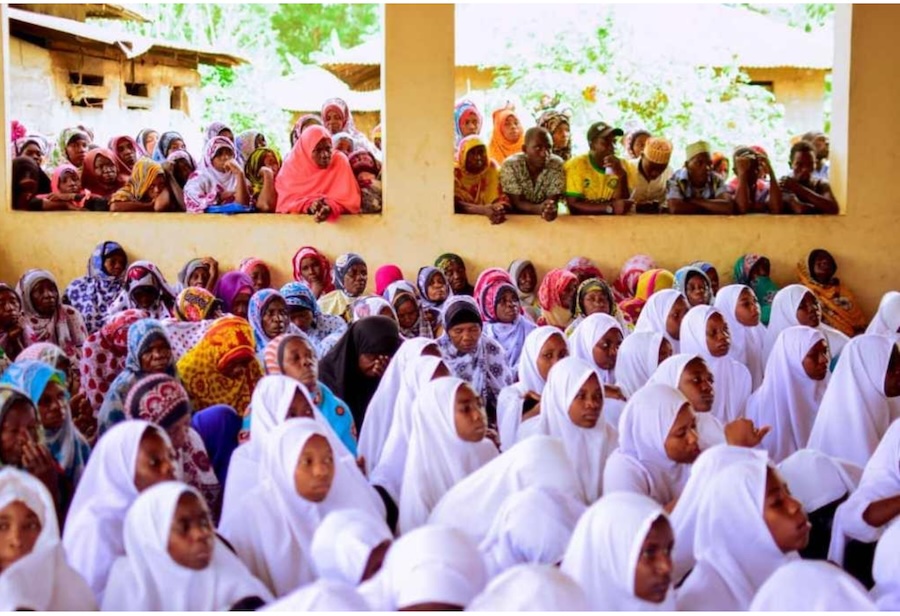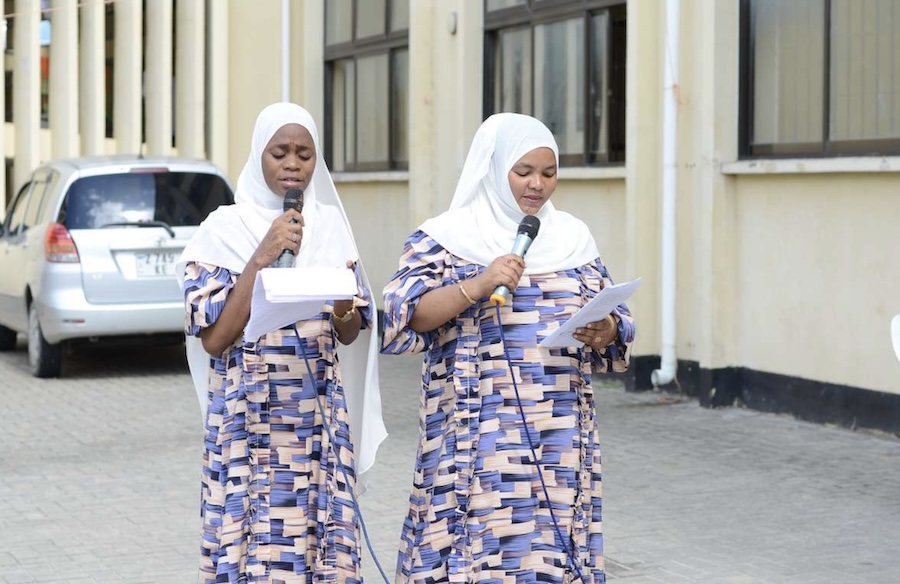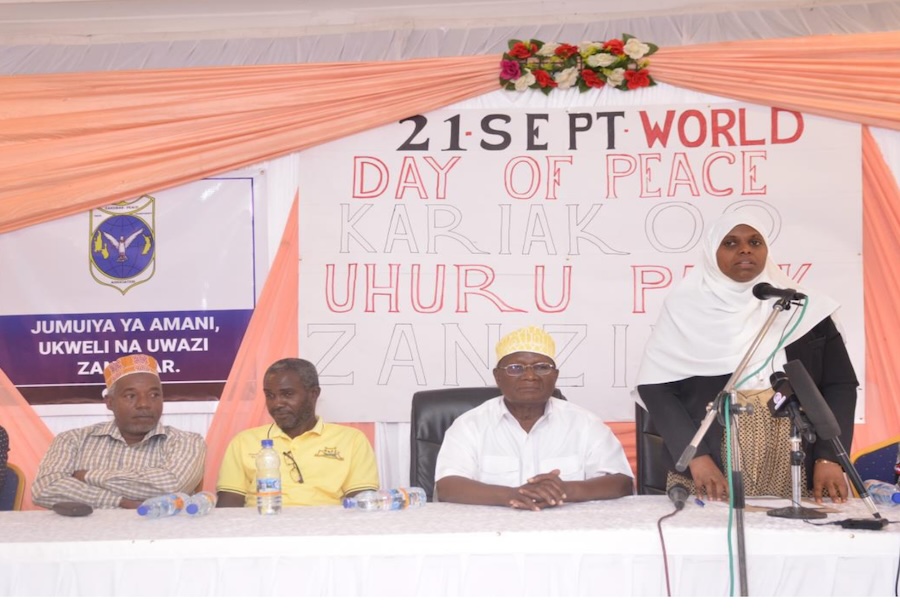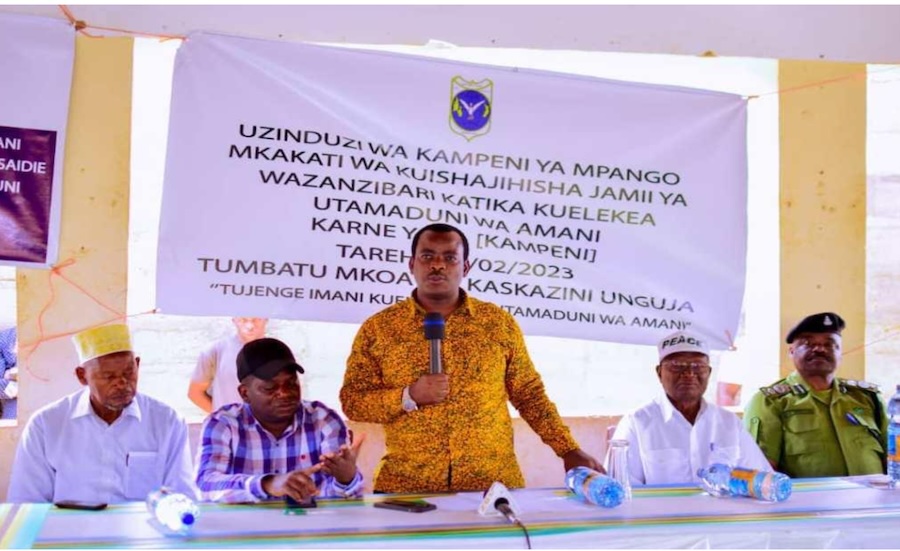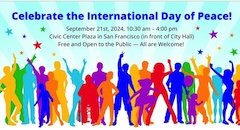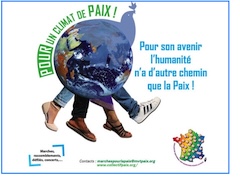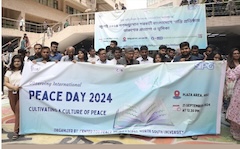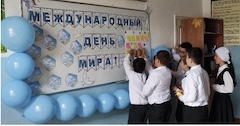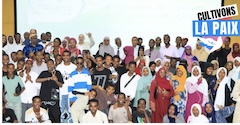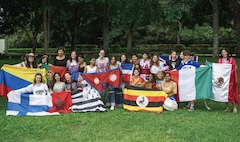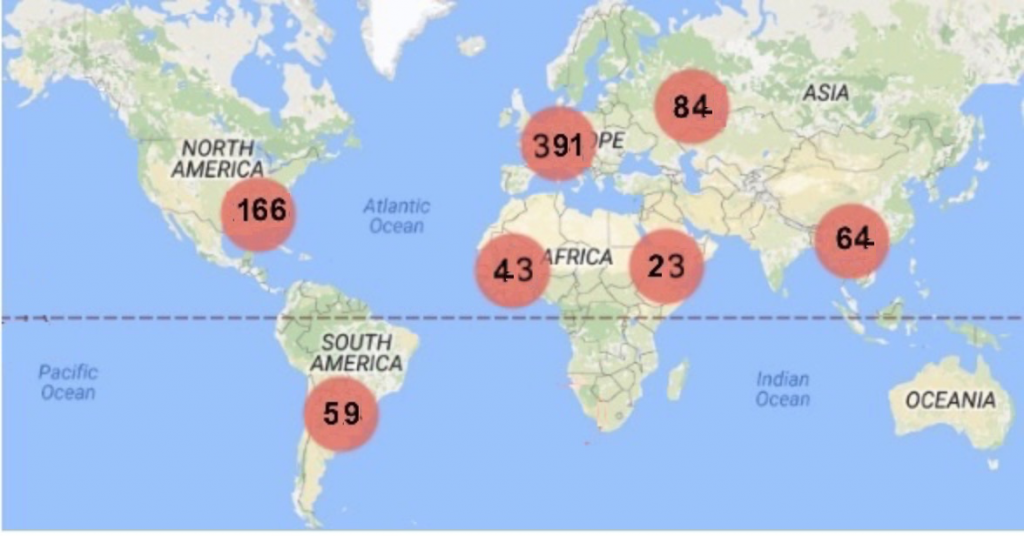.. DEMOCRATIC PARTICIPATION ..
Un artícle en El Diario (Google translation)
Representatives of eleven social organizations met this Friday (October 4) in the Aula Magna of the Paraninfo in Zaragoza to start a “campaign for peace and against wars.” After the reading of the manifesto by journalist Gervasio Sánchez, they gathered at the entrance to the University of Zaragoza.
These are the Federation of Neighbourhoods, WILPF Spain, the Peace Research Seminar (SIP), the Federation of Parents’ Associations of Students of Aragon, the Aragonese Federation of Solidarity-Circles of Silence, the Federation of Students, Casa Palestina, Welcome Refugees, Insumisos, Culture and Peace and, lastly, UM DRAIGA-Friends of the Sahara.
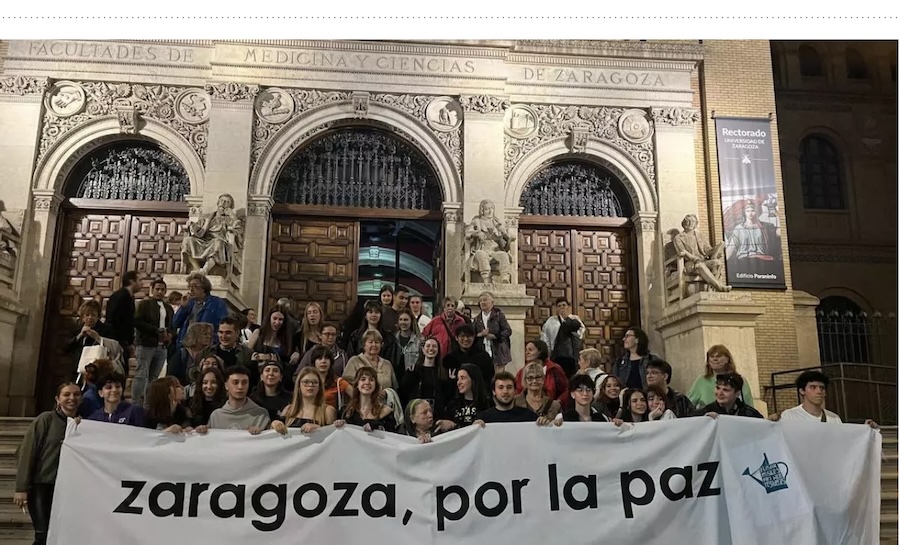
“We are a group of diverse people who, faced with the perplexity, indignation and discouragement of citizens over the bloody events in Palestine, Ukraine and a host of almost forgotten armed conflicts, have begun to attempt a campaign for peace and against wars,” they said in announcing the initiative.
“The idea is – they added – to claim Zaragoza as a city of peace, to remember previous mobilizations and to call on citizens to participate in various initiatives, some already underway and others yet to be developed.”
In the manifesto, entitled ‘Stop the war, win the peace’, they argue that “justice can only be ensured through peace” and that “justice alone brings equality”. “There is no true democracy if the goal of peace is not at the base of politics and at the heart of truth”, they point out.
Mentioning the conflicts in Ukraine and the Middle East, they point out that by increasing “arms spending” “funds needed to meet urgent social needs, both near and far” are being diverted.
They also refer to the Law on the Culture of Peace approved in March of last year in the Cortes of Aragon and denounce that, far from being fulfilled, some of its objectives have been “drastically forgotten”, such as development cooperation.
Finally, they call for mobilization “from the most diverse social groups” to “denounce those who promote the culture of militarism.” “We call for seeking this commitment, and we are committed to working for it,” they conclude.
(Continued in right column)
(Click here for the Spanish original of this article)
How can culture of peace be developed at the municipal level?
(Continued from left column)
Here is the full manifesto:
LET’S STOP THE WAR, LET’S WIN THE PEACE
Only through peace can justice be guaranteed. And only through justice can equality be born. There are no alternative paths, and no other perspectives can be dreamed of. There is no true democracy – whatever arguments you like – if the goal of peace is not at the foundation of politics and at the heart of truth.
Achieving a culture of peace is not only about rejecting war, but also – and these are the words of the United Nations – about supporting sustainable development, overcoming poverty and building a world of equality.
In the times in which we live, there are more than nine major armed conflicts, and many more of those that are called less intense. In the news around us, we learn daily of the consequences of two wars – the one that Russia started by invading Ukraine, and the one by Israel occupying and striking the territories of Gaza and the West Bank – that deny all principles, not only those of moral and social duty, but those of international law itself. Two wars with consequences that may be irreparable. The first of them, already converted into a war between Russia and NATO, which in fact reproduces the policy of blocs with all that this means in the cultural, commercial, technological and military fields; and the second, transformed into a true genocide against the Palestinian people, doomed by force, hunger and exile to disappearance.
At the same time, spending on weapons is increasing, diverting funds needed for urgent social needs, both near and far, turning the production and trade of weapons into a powerful root cause of wars and a profitable business for those who profit from death.
To condemn aggression, to work for peace, to create reasons for coexistence and to denounce the return to a policy of blocks in search of world hegemony, is a collective duty that must transcend personal pain and rejection, and become a movement capable of expressing the need to combat a state of war for no other reason than the interest and benefit of groups and individuals.
On March 9, 2023, the Cortes of Aragon approved the Law on the Culture of Peace, and unreservedly committed to promoting the commitment of institutions and society to education and research for peace, development cooperation and humanitarian action, dialogue, non-violent action and mediation. The approved law has been far from seeing, not only fulfilled, but promoted, its objectives, some of which – such as development cooperation – have, in fact, been drastically forgotten.
It is time, therefore, for a meeting to be sought from the most diverse social spheres of those who are seriously committed to peace and are willing to mobilize whatever human and material resources are necessary. Let the voice and action of those who are not determined to stand by and watch the current situation impassively and in pain, be raised to denounce those who promote the culture of militarism, leaving a record of why wars occur, what is behind what is done, what is intended, what consequences they have for those who suffer them and for everyone, and what response they deserve.
We call upon you to seek this commitment, and we oblige ourselves to work for it.
NO TO WARS
– – – – – –
If you wish to make a comment on this article, you may write to coordinator@cpnn-world.org with the title “Comment on (name of article)” and we will put your comment on line.
